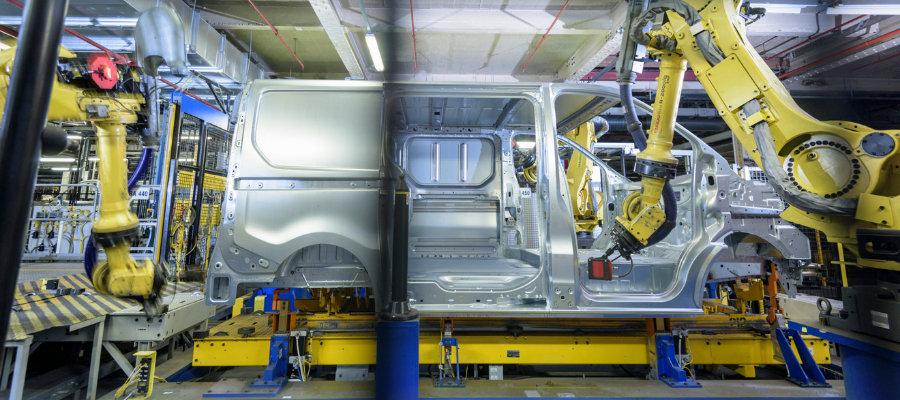🕒 Article read time: 2 minutes
Global supply shortages lead to seven-month decline in new vans

The UK’s new light commercial vehicle (LCV) market declined for the seventh consecutive month in July, down by more than a fifth (20.7%) to 18,722 new units registered, according to the latest figures published by the Society of Motor Manufacturers and Traders (SMMT).
The trade body attributes the decline to ongoing global supply shortages caused by the COVID-19 pandemic, with last month’s registrations almost a quarter (23.9%) below the pre-pandemic five-year average for July.
July saw a fall in registrations across all LCV segments, with some 14,782 new vans weighing above 2.5 tonnes up to 3.5 tonnes registered in the month, 11.2% below 2021. The number of lighter vans weighing less than or equal to two tonnes fell by more than a fifth (20.3%), while those weighing more than two tonnes to 2.5 tonnes declined by almost half (49.8%).
Demand continues to increase for battery electric vans (BEVs), with 765 registered in July, an increase of more than a fifth (21.2%), as van buyers take advantage of new electric models that offer longer ranges, efficiency savings and fast charge times. As a result, there have been 8,865 BEVs registered in the year to date, an increase of more than half (55.7%). This still represents only one in 18 of all vans registered so far in 2022, although it is a significant increase from one in 37 a year ago.
Denise Beedell, Public Policy Manager, Logistics UK, said: “While it is encouraging to see a marked increase in the number of new battery electric vans being registered, there is much more ground to be covered ahead of meeting the ambitious deadline to phase out new petrol and diesel vans by 2030. New electric LCV registrations are currently at levels seen in the new car market two years ago, and it is no surprise that van buyers often cite concerns about whether there will be sufficient public electric charge points that are accessible to vans.”
Mike Hawes, SMMT Chief Executive, said: “The LCV market is struggling to recover post-COVID as global supply chain shortages and economic headwinds make the business environment even more challenging for both manufacturers and operators. In these circumstances, the continued growth in electric van uptake is admirable as the industry strives to deliver its net zero commitments. Given the importance of the commercial vehicle sector to Britain’s economy, its environmental ambitions and the need to keep society on the move, the next Prime Minister must look to restore economic confidence and support the sector’s transition to zero emission mobility.”
*www.smmt.co.uk/vehicle-data/lcv-registrations/
Published On: 11/08/2022 16:00:04

Comments Section
If you are a Logistics UK member login to add comments.